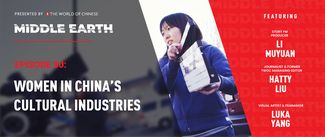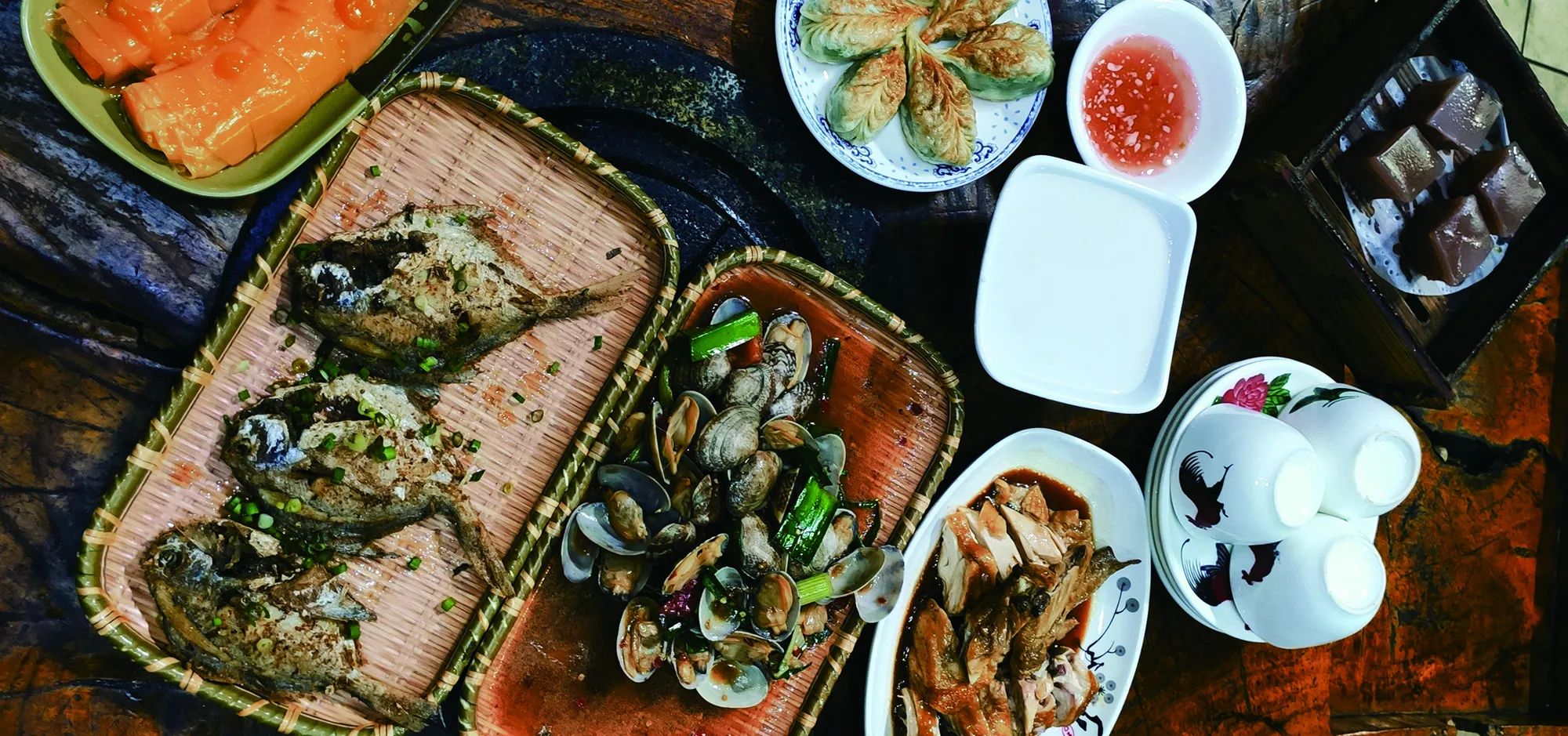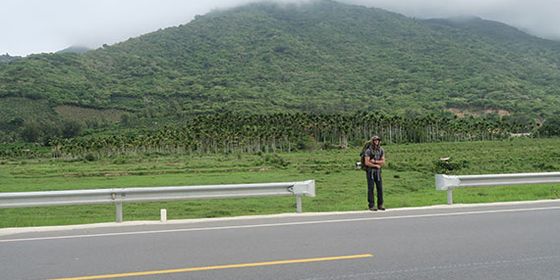Hainan cuisine is rich in flavor and history
The earliest mainland settlers on Hainan, who were fed by the fertile farmlands of the Yangtze and Yellow River valleys, wrote less-than-flatteringly about the agricultural offerings of the shallow, windswept shores they landed on. “Hainan has not seen a harvest in years and is lacking in all food,” the exiled poet Su Shi (苏轼)—also known under the pen name Dongpo (东坡)—bluntly stated in a letter to his great-nephew in 1099.
“The ships from the ports of Quanzhou and Guangzhou never come, and there is no medicine or sauce; one must make do in such impoverished surroundings,” Su continued. In an essay, he lamented that the indigenous diet mainly consisted of yams grown in the nutrient-poor soil, raw honey, and rodents such as bats and rats.
Yet few of these pampered mainlanders ventured into Hainan’s mountainous and forested interior, which, though nominally under control of the central Chinese empire, was assiduously defended by the Li people. In their semi-autonomous lands, this indigenous population enjoyed an ecological diet that embraced the biodiversity of the island’s flora and fauna. Their unique, free-range farming method was encapsulated by a folk saying: “Fish that swim in the stream, chicken that sleep in trees, and cows that never come home.”
Even Su was eventually charmed. The well-known foodie, credited with inventions like the fatty, flavor-rich Dongpo pork, was moved to create a few dishes with a distinctly Hainanese spin during his three-year stay on the island. His “vegetable stew” called for picking a number of local herbs straight from the ground and washing them in the island’s pristine streams. The leaves are then fried with just enough oil that their natural fragrance oozes into the gravy. He also substituted local yams in a recipe for corn stew allegedly learned from his father, and boasted of the result in a poem: “Pure white, and fragrant as ambergris/ A flavor as fresh as milk/ Smoother than minced sea bass with ginger/ Is Dongpo’s corn stew.”














